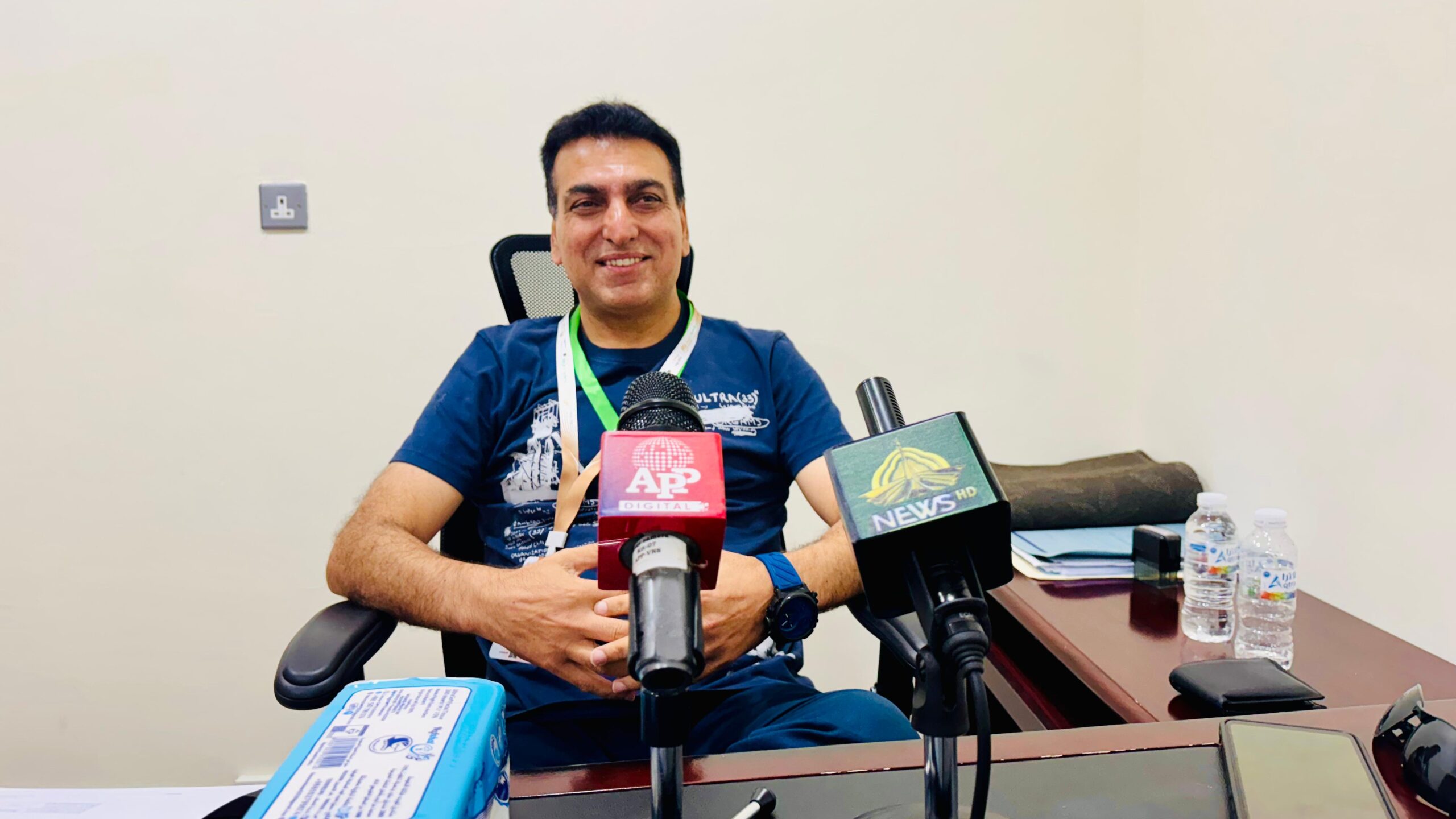By Muhammad Aslam
MAKKAH AL-MUKARRAMAH, Jun 9 (APP): Director Monitoring Cell at the Pakistan Hajj Mission (PHM) Zulfiqar Khan on Sunday imposed substantial penalties on two private Hajj Group Organizers (HGOs) for violating their agreement to provide pilgrims with accommodations within the designated distance of 900-1,700 meters from the Grand Mosque in Makkah, also known as Haram e Makki or Baitullah Sharif.
“Two HGOs have been penalized and they have paid SAR500 each to 187 Pakistani as compensation,” he said while talking to the media here.
Initially, he said, on complaints of private-scheme pilgrims, the monitoring cell served notices on the two HGOs and gave them mandatory hearings under a laid-down procedure. It found a breach of the agreement, duly admitted by the HGOs, as the pilgrims’ residences were at a distance of 2,400 meters when measured through Google Maps.
Under a proactive approach, he said, the monitoring teams visited different buildings daily, gathered feedback from the pilgrims, and took necessary action after on-the-spot inspections in the presence of the nominated representatives of the concerned HGOs.
“We will not tolerate any kind of cheating with the guests of Allah Almighty at any cost. Our main focus is on providing instant relief to the Hajjis, under the ‘then and there’ formula, so the compensation amount has been paid to them,” he vowed.
In addition to providing compensation to the pilgrims, he said, the Monitoring Cell has ensured a shuttle service from their residences to the Haram after every 20 minutes around the clock.
Zulfiqar Khan said the operational area of the 30-member cell has been divided into two field offices, one each in Madinah and Makkah, where almost 15 teams work around the clock to facilitate the pilgrims arriving under the private Hajj scheme.
This year, 160,000 Pakistani pilgrims will perform the religious obligation of Hajj, with 70,000 arriving under the government scheme and around 90,000 through private HGOs.
Answering a question, the director of the monitoring cell said this action would encourage pilgrims by showing them that someone cared for them, prompting them to speak for their rights and lodge complaints against those not fulfilling their agreements.
Citing another example of providing relief to a private-scheme pilgrim, he said, in Madinah a pilgrim family opted for hotel accommodation on their own after an HGO denied them the agreed accommodation.
“As the matter came to our knowledge, we took prompt action, recovered the rent amount of SAR 2,725 from the defaulter, and gave it to the affected family,” he said, while warning the HGOs that the ‘compensation mechanism’ was being further strengthened.
Replying to another question, Zulfiqar Khan said the cell has so far monitored 616 HGOs out of a total of 899, adding that the rest would be covered in the next few days.
He said the monitoring cell has so far received 112 complaints in both Madinah and Makkah, out of which 92 have been resolved, most of them related to accommodation.
“This year, the mode of filing complaints is diversified. These can be lodged through the Pak Hajj App, complaint numbers, email, and in person,” he said, hinting at the ‘increased workload’ in the coming days for which additional workforce has already been sought.
The PHM is demonstrating a firm commitment to ensuring the welfare and satisfaction of pilgrims through rigorous monitoring and prompt action.
By holding HGOs accountable and providing swift resolutions to complaints, the PHM is upholding the integrity of the Hajj experience.
With the continued efforts of the monitoring cell and the utilization of modern complaint management systems, pilgrims can remain confident that their spiritual journey will be supported by dedicated oversight and care.

